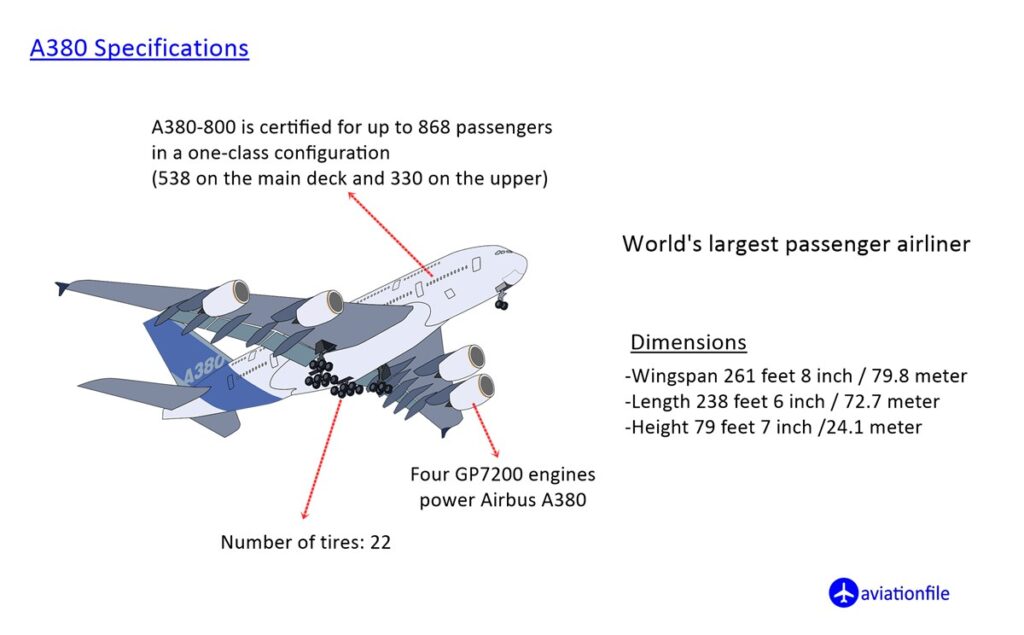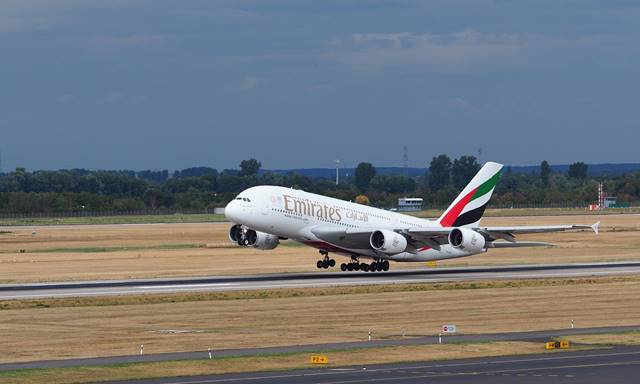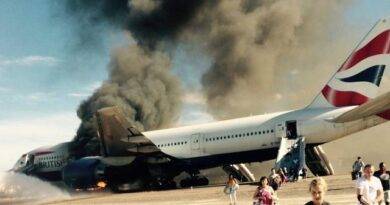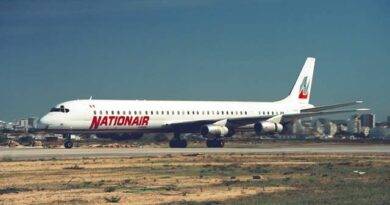A380 and Its End of Production
The Airbus A380, once touted as the future of air travel, has officially come to the end of its production. After over a decade of service, Airbus announced in February 2019 that it would cease production of the A380 due to a lack of demand for the world’s largest passenger aircraft.
A380, the world’s largest passenger aircraft, made its first commercial flight on October 25, 2007. The inaugural flight was operated by Singapore Airlines and flew from Singapore to Sydney, Australia. It is introduced as a response to the growing demand for air travel and the need for larger aircraft to accommodate the increasing passenger numbers. With a capacity of up to 868 passengers, the A380 was designed to revolutionize long-haul travel, offering passengers more space and comfort on board. The aircraft was equipped with innovative features such as wider aisles, larger overhead bins, and private cabins for first-class passengers.
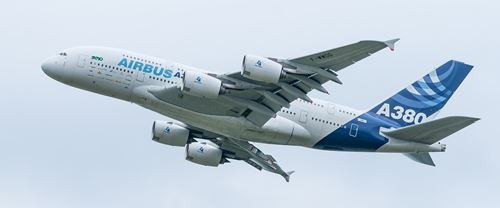
Emirates Airlines – largest fleet of Airbus A380s
Emirates Airlines holds the title for operating the largest fleet of Airbus A380s, with a total of 123 A380s in its fleet. The Dubai-based airline was one of the early adopters of the A380 and has been a strong supporter of the aircraft since its inception
However, despite its initial promise, the A380 never quite took off as expected. The rise of smaller, more fuel-efficient aircraft, such as the Boeing 787 and Airbus’ own A350, meant that airlines were able to offer long-haul flights with smaller aircraft, reducing costs and increasing efficiency. In addition, the global economic downturn in 2008 and the rise of budget carriers disrupted the market, leading to a decline in demand for the A380.
251 Aircraft Delivered to Airlines
Despite these challenges, Airbus continued to produce the A380, with a total of 251 aircraft delivered to airlines around the world. The aircraft was well-received by passengers, with many praising its comfort and spaciousness. However, as demand for the aircraft continued to decline, Airbus was faced with the difficult decision to end its production.
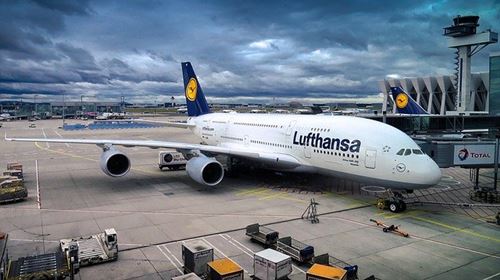
The end of the A380’s production marks the end of an era for Airbus, but it also signals a shift in the aviation industry towards smaller, more efficient aircraft. While the A380 may no longer be in production, its impact on the industry will be felt for years to come, as airlines continue to look for ways to reduce costs and improve the passenger experience.
For the airlines that operate the A380, the end of its production will have a significant impact. Many have already begun retiring their A380s, with some selling them to other airlines or leasing them to other operators. While the future of the A380 may be uncertain, one thing is certain – its legacy as one of the most innovative and groundbreaking aircraft in aviation history will endure.
